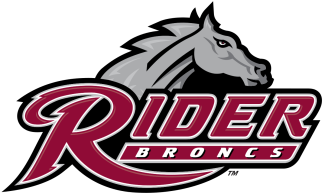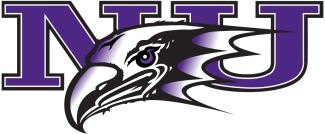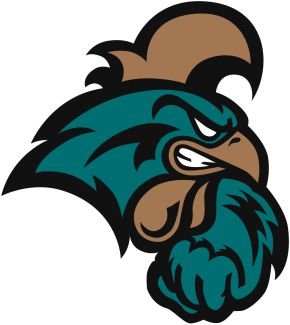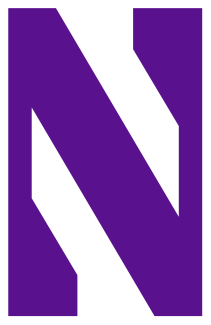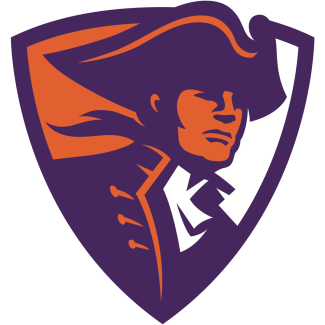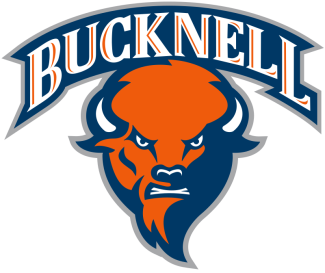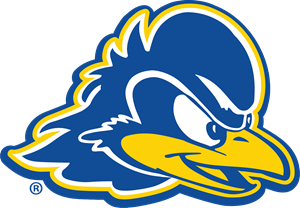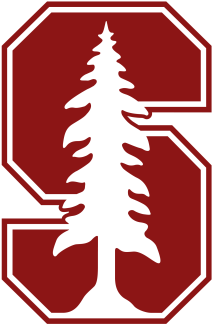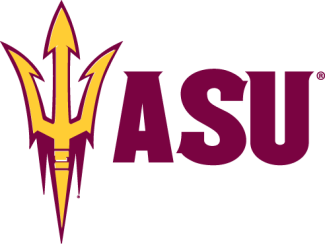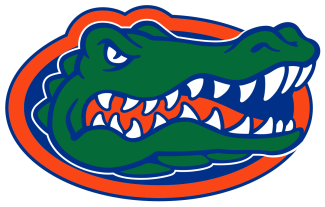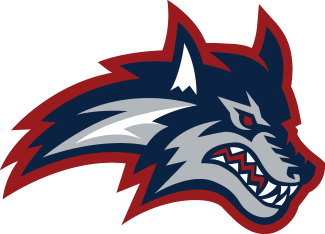“I think the economy turning south, there were a lot of things under (AEG head Philip Anschutz’s) umbrella he had to cut,” Tucker said. “We fell below that line. We weren’t an income generator for him. It wasn’t just us; there were a lot of things. (It was) everything under this line, we’re not going to continue to support, and we happened to be under it.”
“The email G.W. Mix sent to the team, being a creative guy but a sad day, the subject was Riptide, capital R-I-P and then tide,” Tucker remembered. “It was really interesting and sad at the same time. We kind of knew it was coming, but then it was like, ‘Ugh, it’s all over.’”
The league was hit hard, down from 10 teams to six, but it continued to move forward. Players were placed onto new teams. Tucker got a job coaching the Chesapeake Bayhawks.
Still, some players wonder what could have been if the team had gotten another chance.
“I really feel like we would’ve continued to do a good job drafting and bringing quality players in and we would’ve vied for a championship for sure,” Downing said. “Kevin Buchanan, he was still young. Had we developed a little longer in the league, we definitely would’ve been right up there.”
There is no longer a physical manifestation of the Los Angeles Riptide, but the memories live strong. The players still reminisce with each other about their time with the team. At the 2016 MLL All-Star game, played in Orange County at Cal State Fullerton’s Titan Stadium, one of the teams was named Team Riptide.
Additionally, the team apparel, featuring teal and orange colors with a shark for the logo, remains a nostalgic item in the lacrosse world.
“I still keep as much Riptide gear as I can,” Downing said. “A guy on one of the indoor teams offered me a decent amount of money for one of the sweatshirts, but I didn’t bat an eye shooting him down.”
Major League Lacrosse commissioner David Gross has said on multiple occasions that league games held at out-of-market sites – such as the 2016 and 2017 All-Star Game – are an attempt to gauge whether the city should be considered for expansion.
Atlanta is a good example of this. The league held the 2014 and 2015 MLL Championship games – in addition to several regular season contests – at Fifth Third Bank Stadium in Kennesaw, Georgia, before announcing the stadium would be the new home of the expansion Atlanta Blaze beginning in the 2016 season.
The 2016 MLL All-Star Game was played in front of 4,217 people, nearly 400 more people than the league average per game. California remains an option for MLL expansion, and the people that were a part of the first venture west believe a team could find success and hope it comes to fruition.
“I hope it comes back. That would be cool,” Tucker said “There’s a base established. It makes me happy. A lot more people play the game in that part of the country. They’d be playing in a good position. G.W. Mix has a marketing company that promotes the collegiate games playing in California. He’s a master marketer. I hope if it comes back, he’s part of something. He’s the guy that pulls the strings to be an asset to an owner. He does things the right way.”
Belisle concurred with Tucker.
“Now, seeing how the sport has grown and meeting kids who were five, six, seven, who came to Riptide games and are now in high school, no one knew what was going on other than the die-hard lacrosse fans. The people supported us though,” he said. “They still wear the shirts. It was a couple years ahead of its time with the success.”





